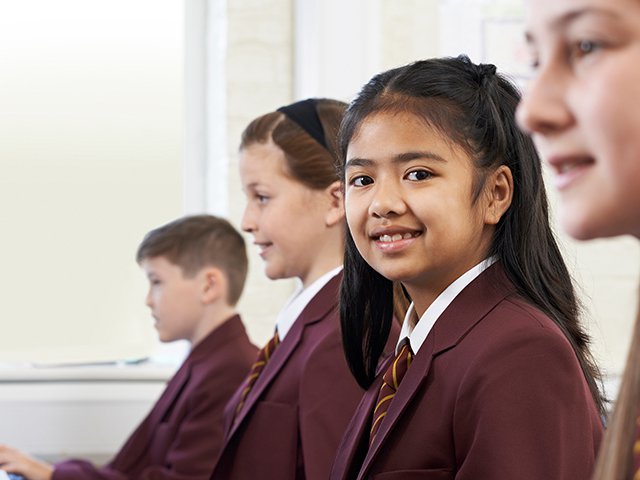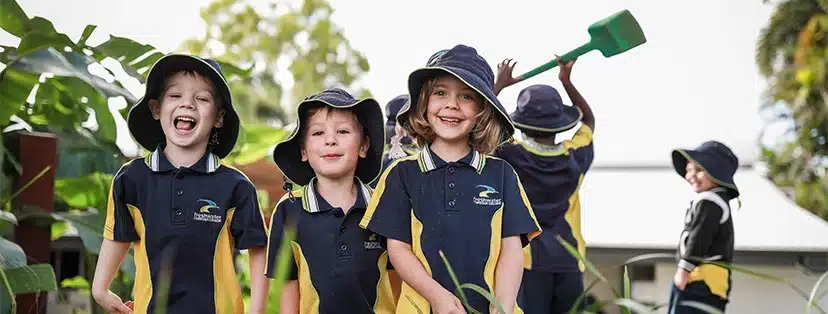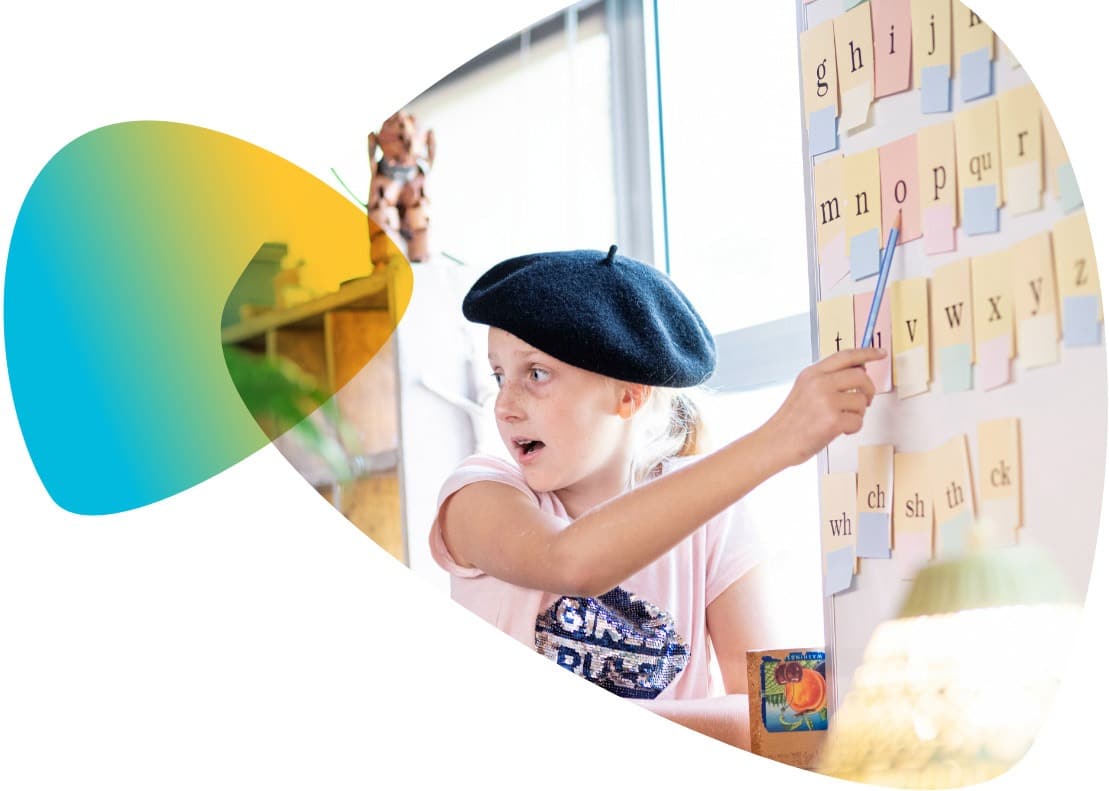Food safety is a critical aspect of the food industry, ensuring that consumers are protected from foodborne illnesses. One way to ensure food safety is through proper hygiene practices. The "Mastering Hygiene Practices" course is designed to provide a comprehensive understanding of food safety and hygiene practices in the food industry. In this article, we will review the key components of this course and how it can help individuals and businesses in mastering hygiene practices.
The Importance of Food Safety
Food safety is essential for several reasons, including:
- Protecting consumers from foodborne illnesses
- Maintaining the reputation of businesses
- Complying with regulations and standards
- Reducing the risk of legal issues
Key Components of the Course
The "Mastering Hygiene Practices" course covers a wide range of topics related to food safety and hygiene practices, including:
- Introduction to food safety and hygiene
- Microbiology and food contamination
- Personal hygiene practices
- Food handling and storage
- Cleaning and sanitizing
- Pest control
- Food safety management systems
Benefits of Taking the Course
Taking the "Mastering Hygiene Practices" course can offer several benefits, such as:
- Improved knowledge and understanding of food safety principles
- Enhanced skills in implementing hygiene practices
- Compliance with industry regulations and standards
- Increased credibility and trust among consumers
- Reduced risk of foodborne illnesses and contamination
Who Should Take the Course?
The "Mastering Hygiene Practices" course is suitable for individuals working in the food industry, including:
- Food handlers
- Restaurant and food service staff
- Food safety supervisors and managers
- Quality assurance professionals
- Food safety auditors
Course Delivery and Format
The course is typically delivered through online platforms and consists of interactive modules, quizzes, and assessments to test understanding and knowledge retention. The format of the course may include:
- Video lectures by industry experts
- Written materials and resources
- Interactive exercises and case studies
- Discussion forums for networking and collaboration
Assessment and Certification
At the end of the course, participants may be required to complete a final assessment to demonstrate their understanding of the material. Upon successful completion, participants are typically awarded a certification or a badge to signify their mastery of hygiene practices in the food industry.
Conclusion
In conclusion, the "Mastering Hygiene Practices" course is a valuable resource for individuals and businesses looking to enhance their knowledge and skills in food safety and hygiene practices. By covering essential topics and providing practical insights, this course can help participants become adept at implementing hygiene practices and ensuring food safety in their operations.
Whether you are a food handler, a restaurant manager, or a quality assurance professional, mastering hygiene practices is crucial for maintaining the trust of consumers and upholding industry standards. Consider enrolling in the "Mastering Hygiene Practices" course today to take your food safety knowledge to the next level.









